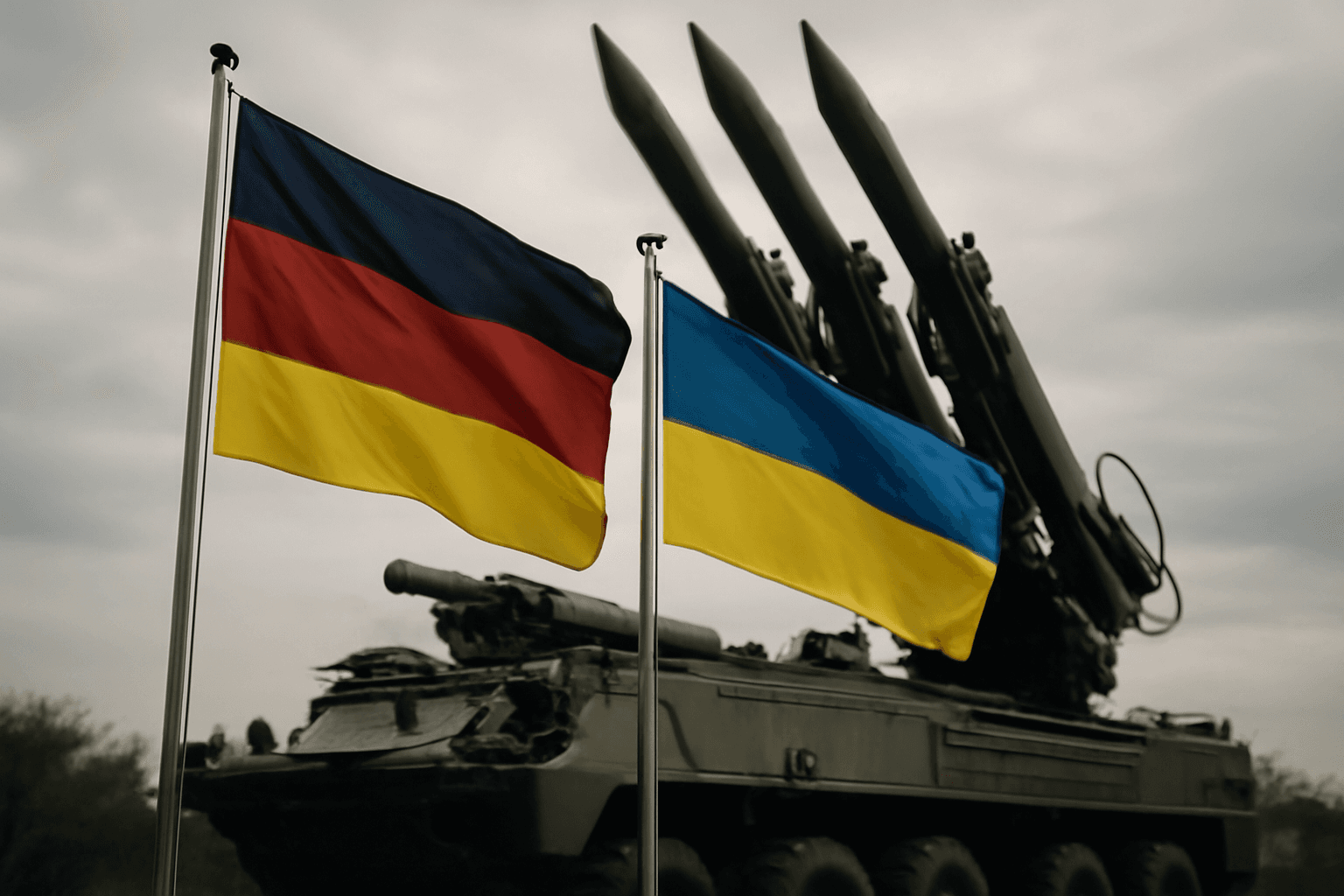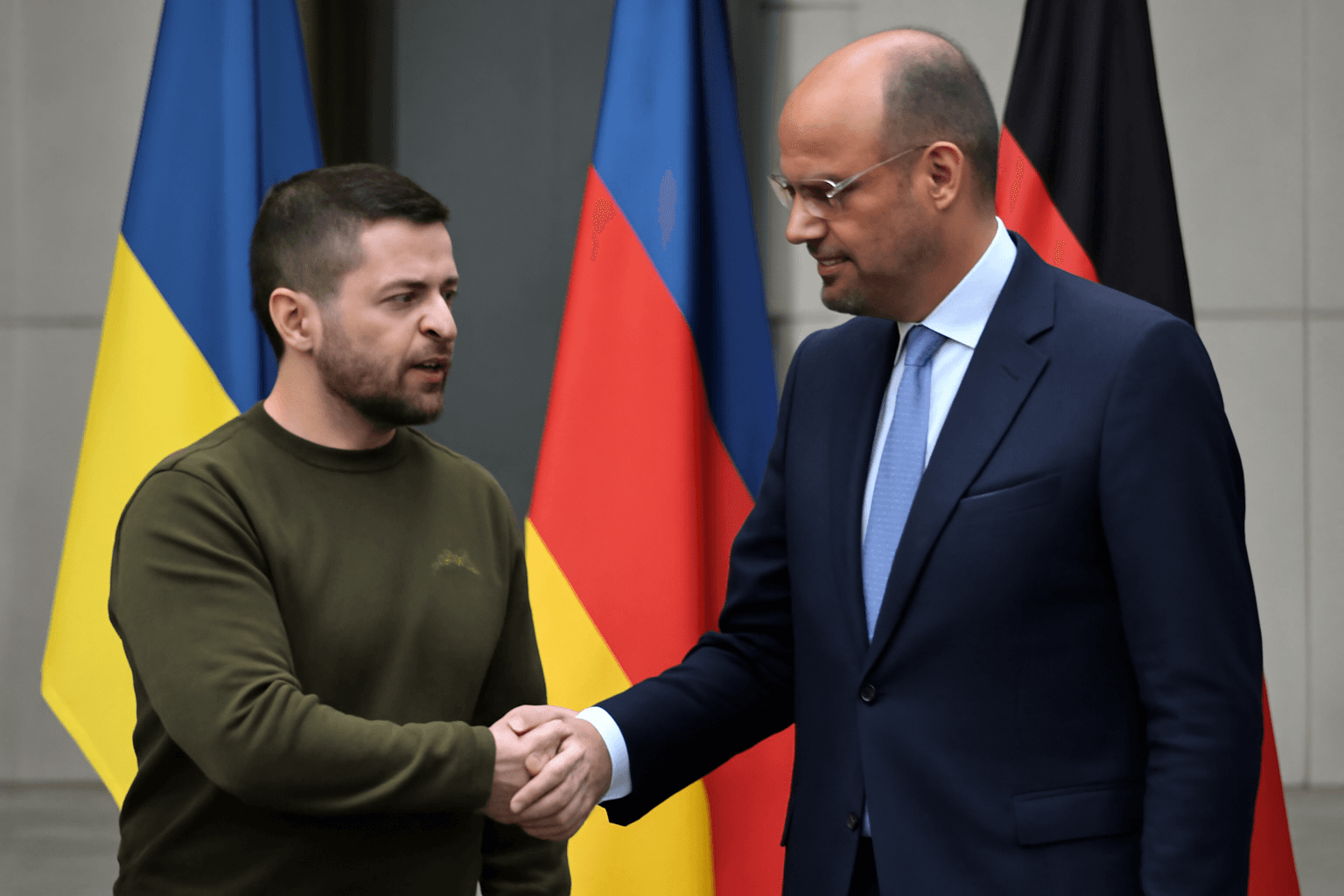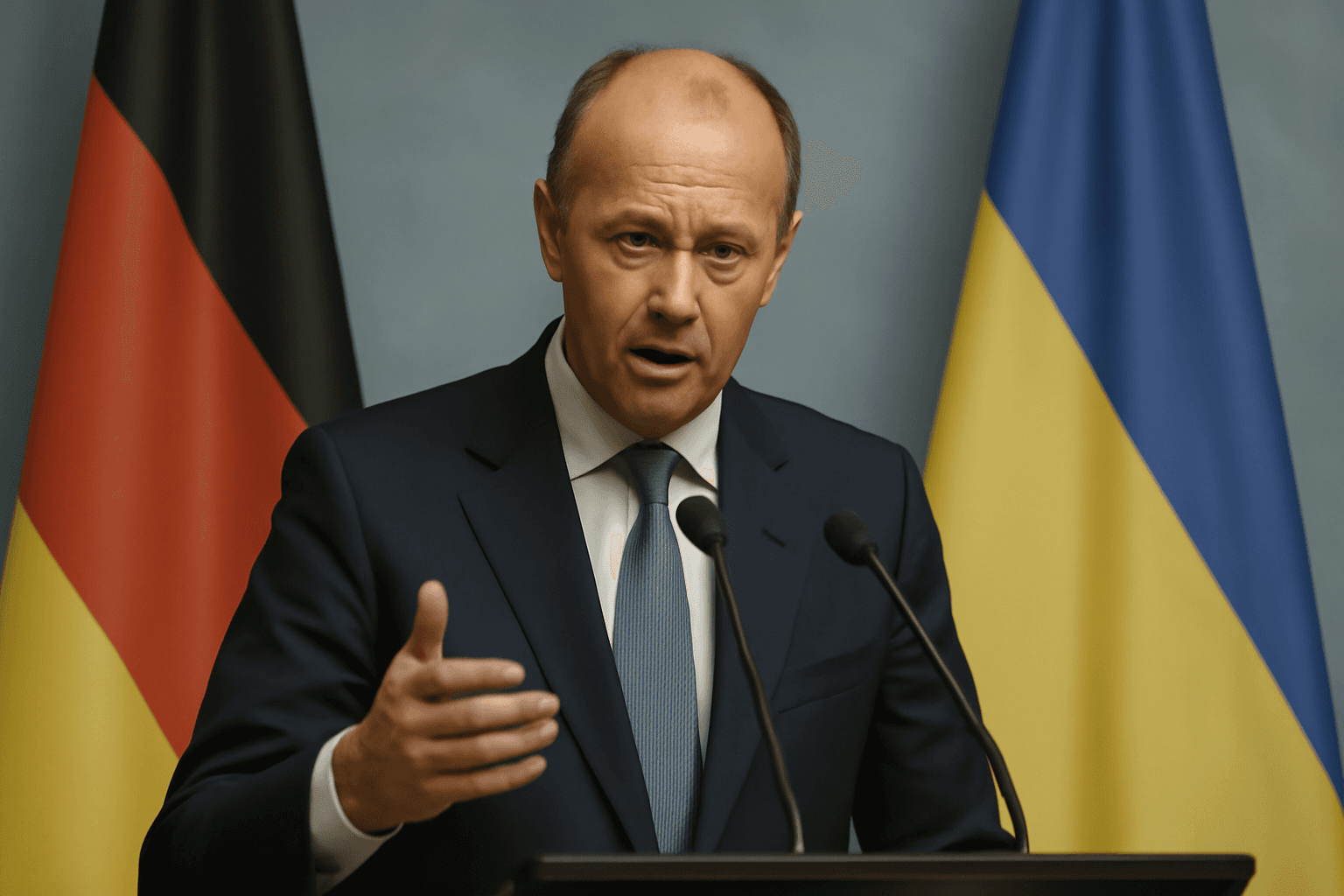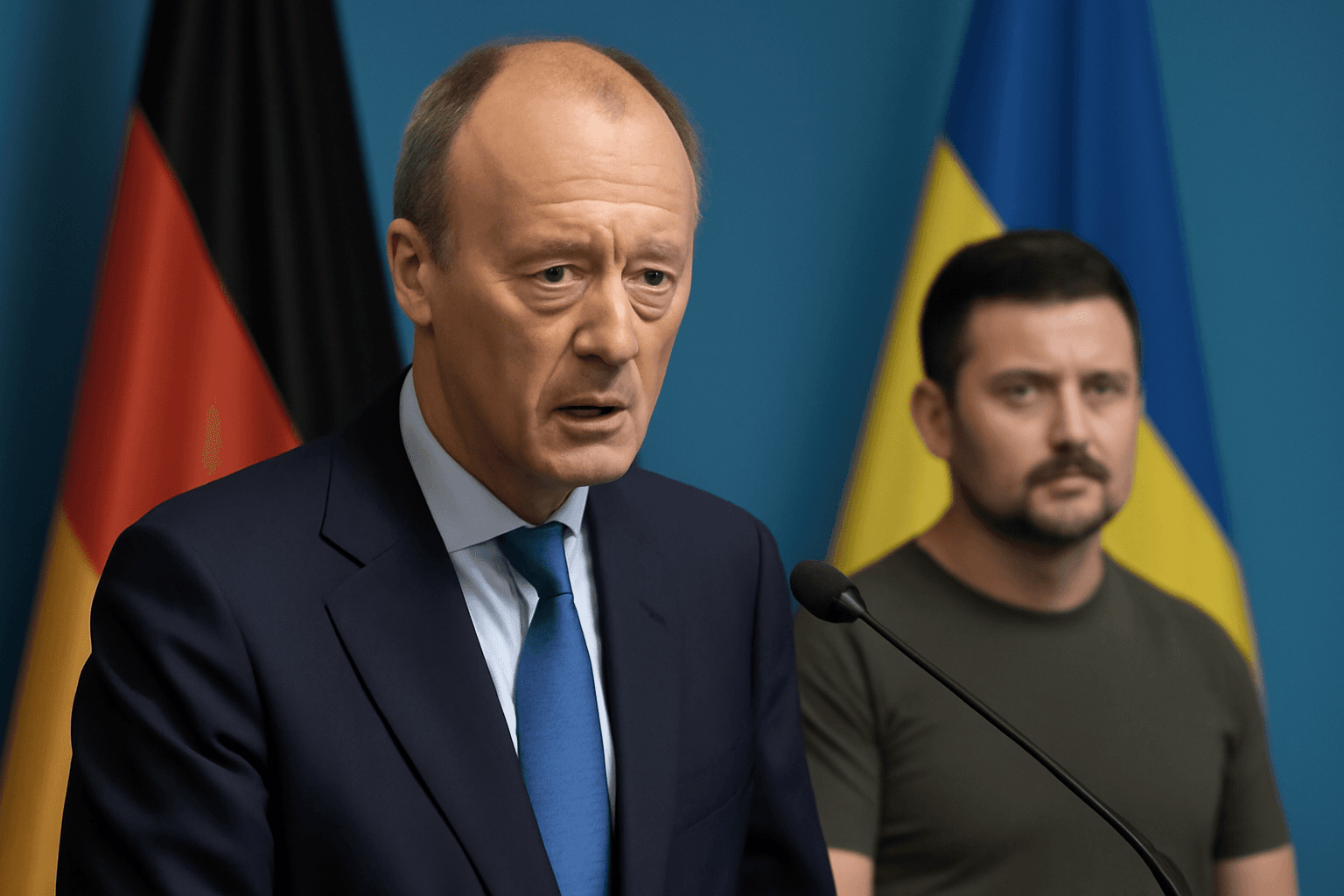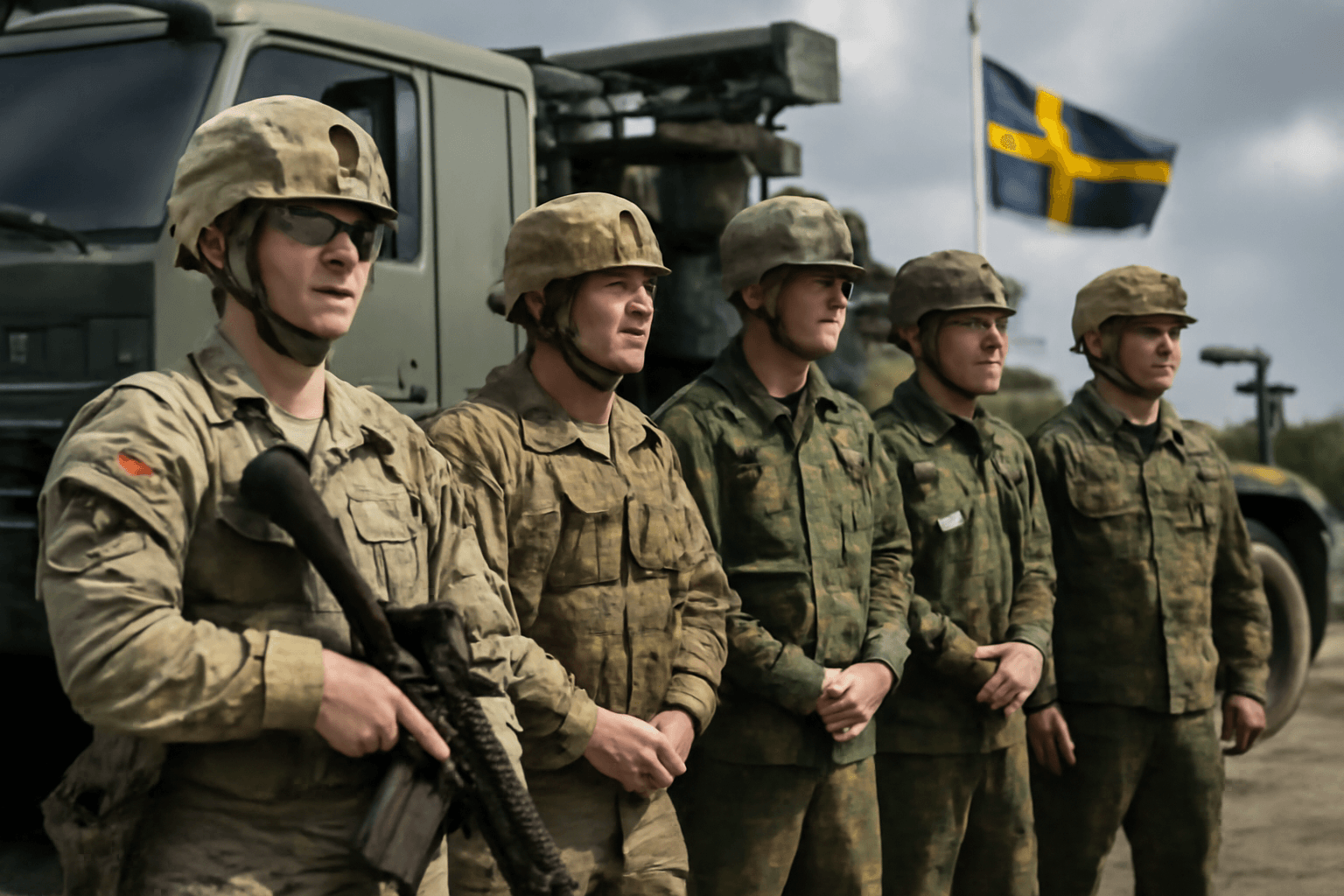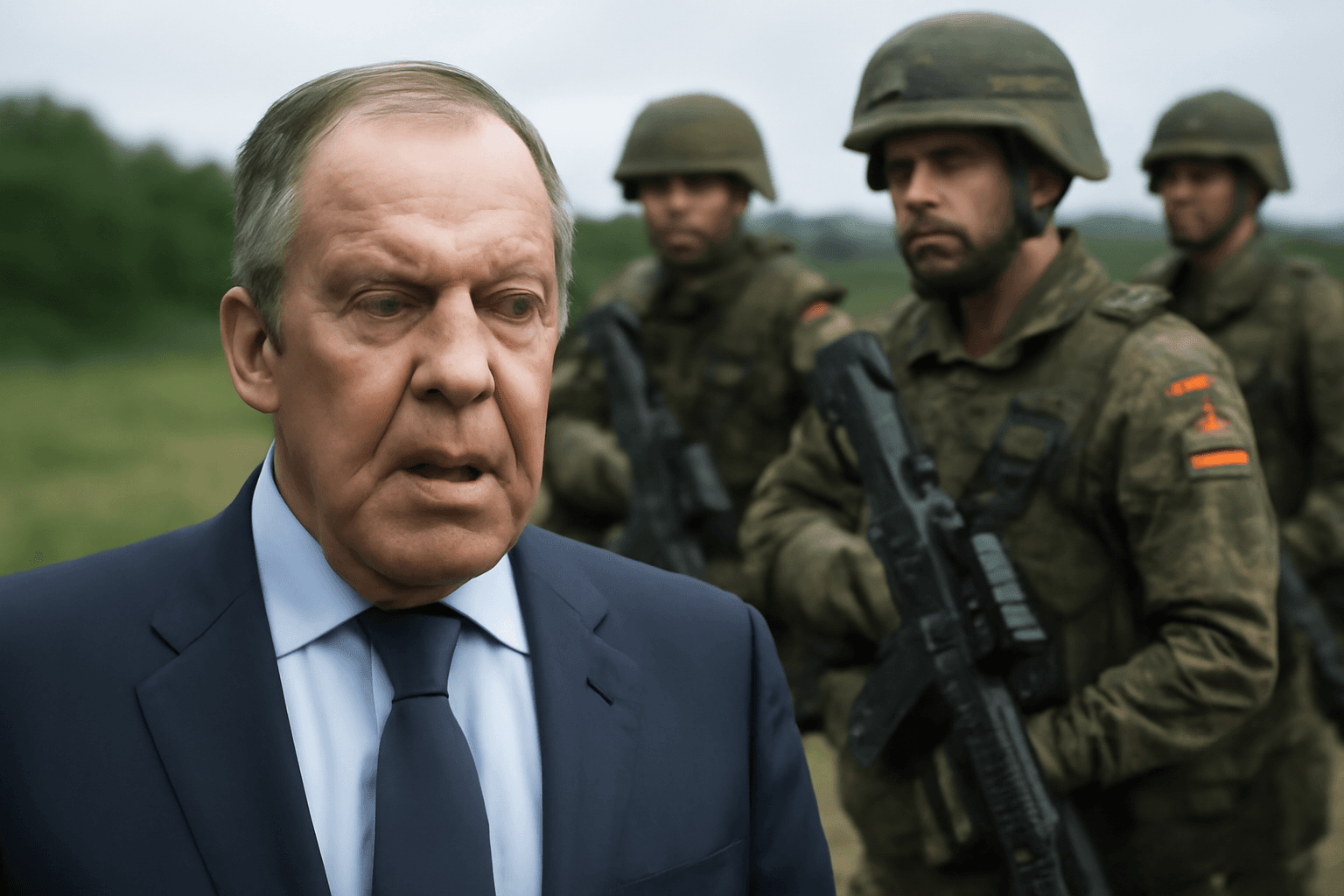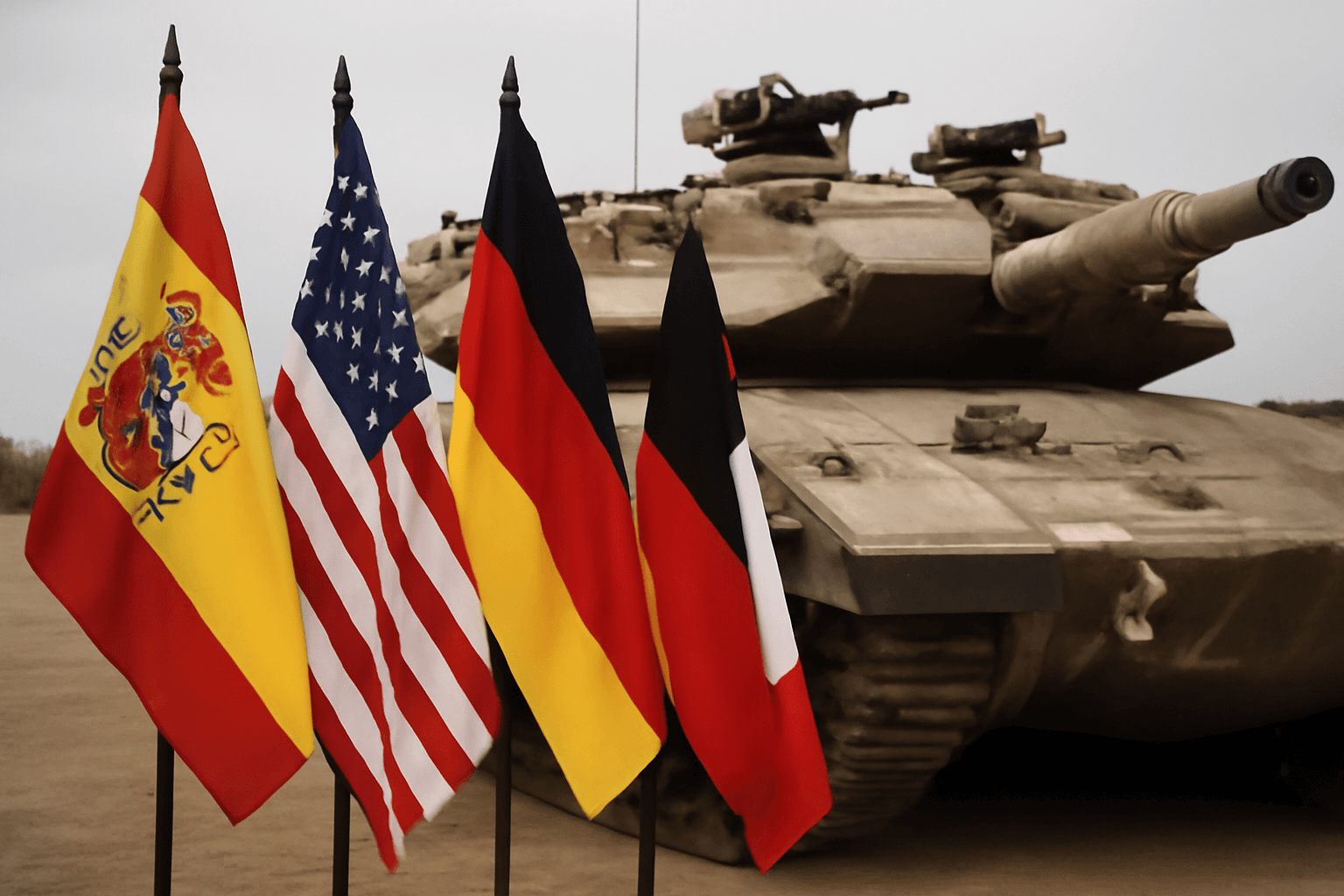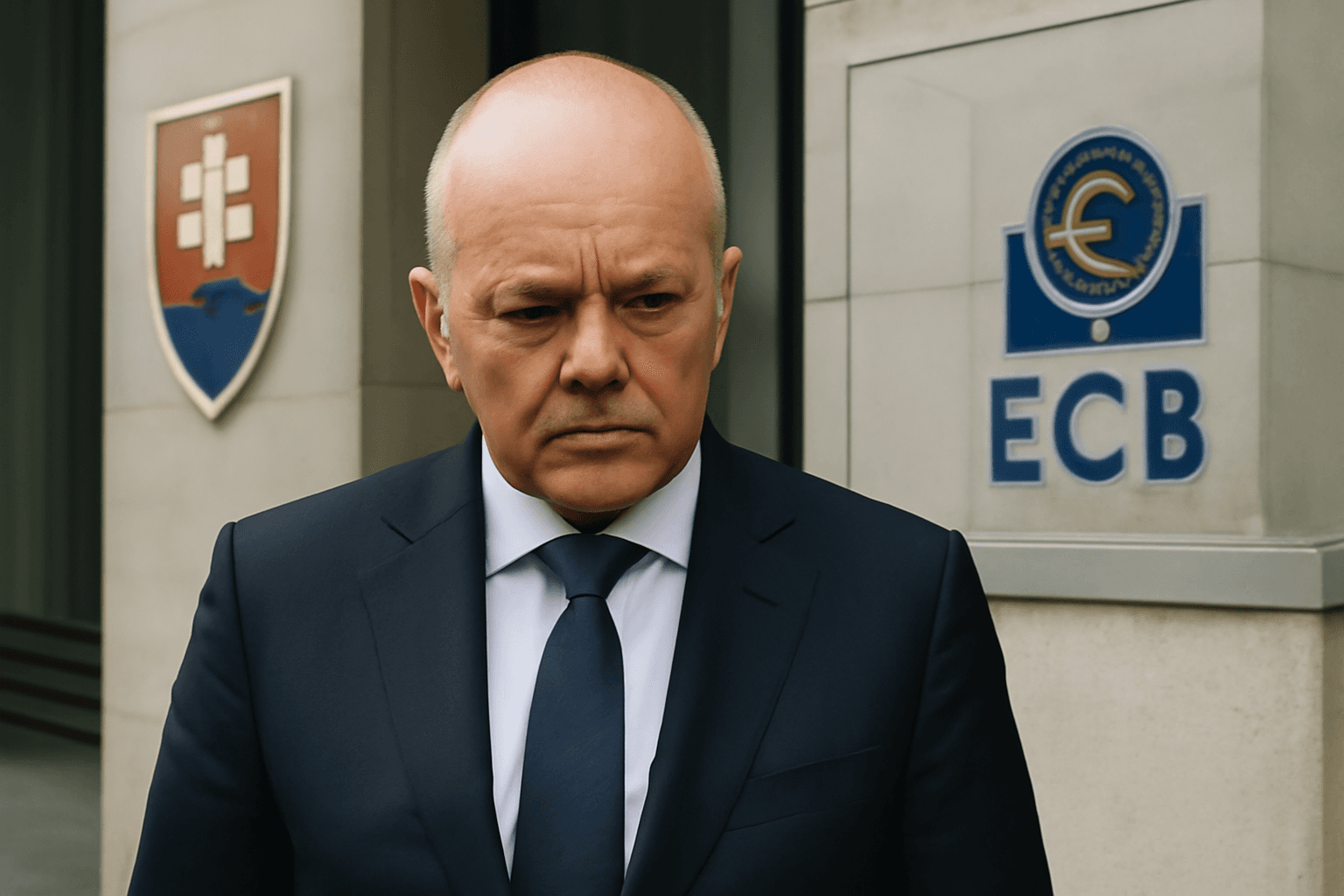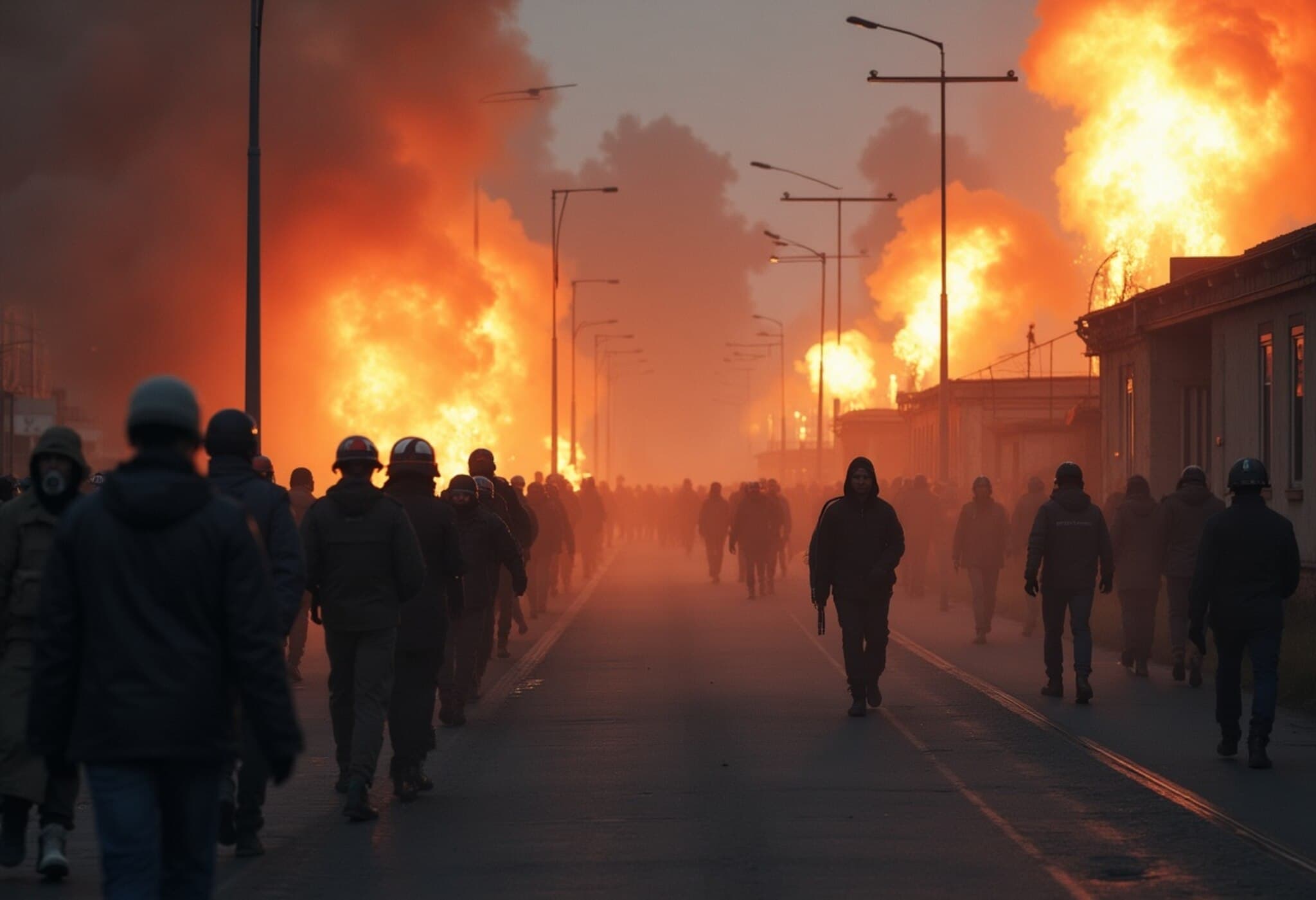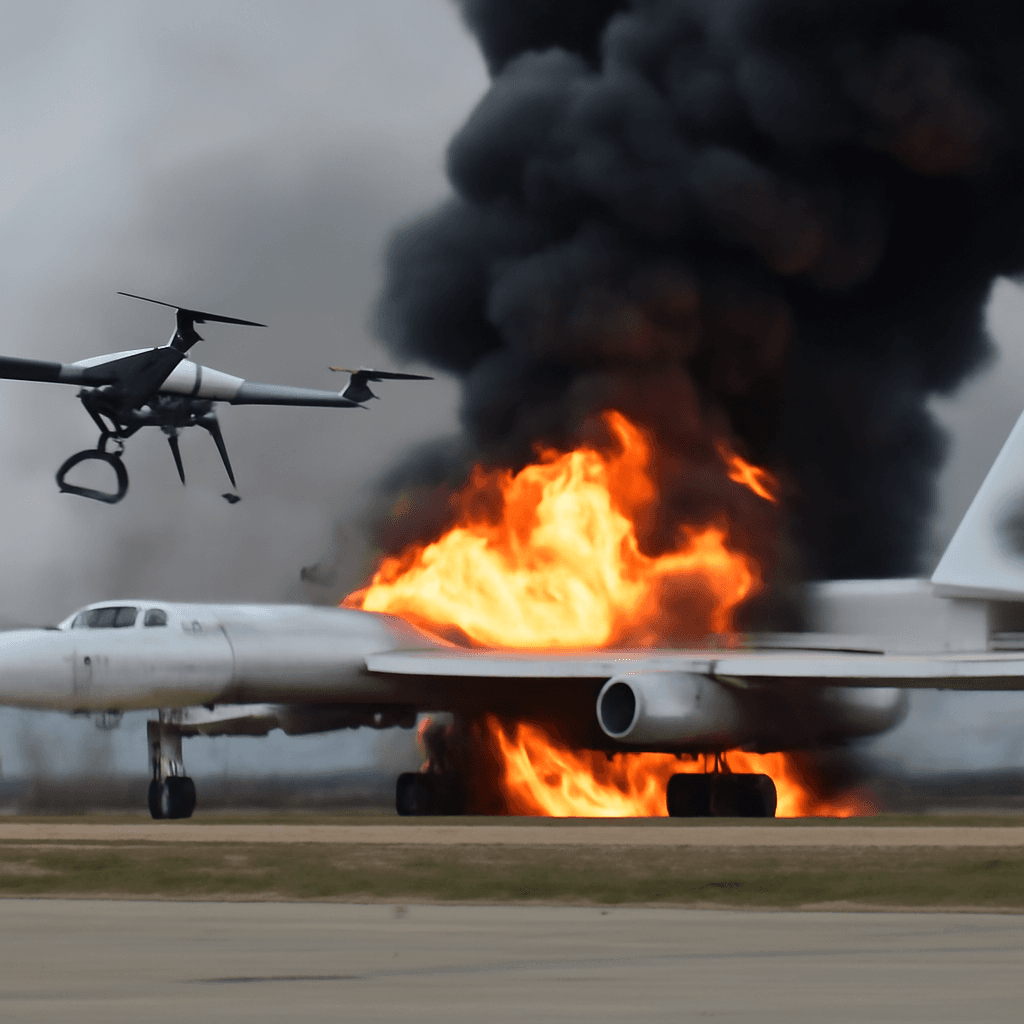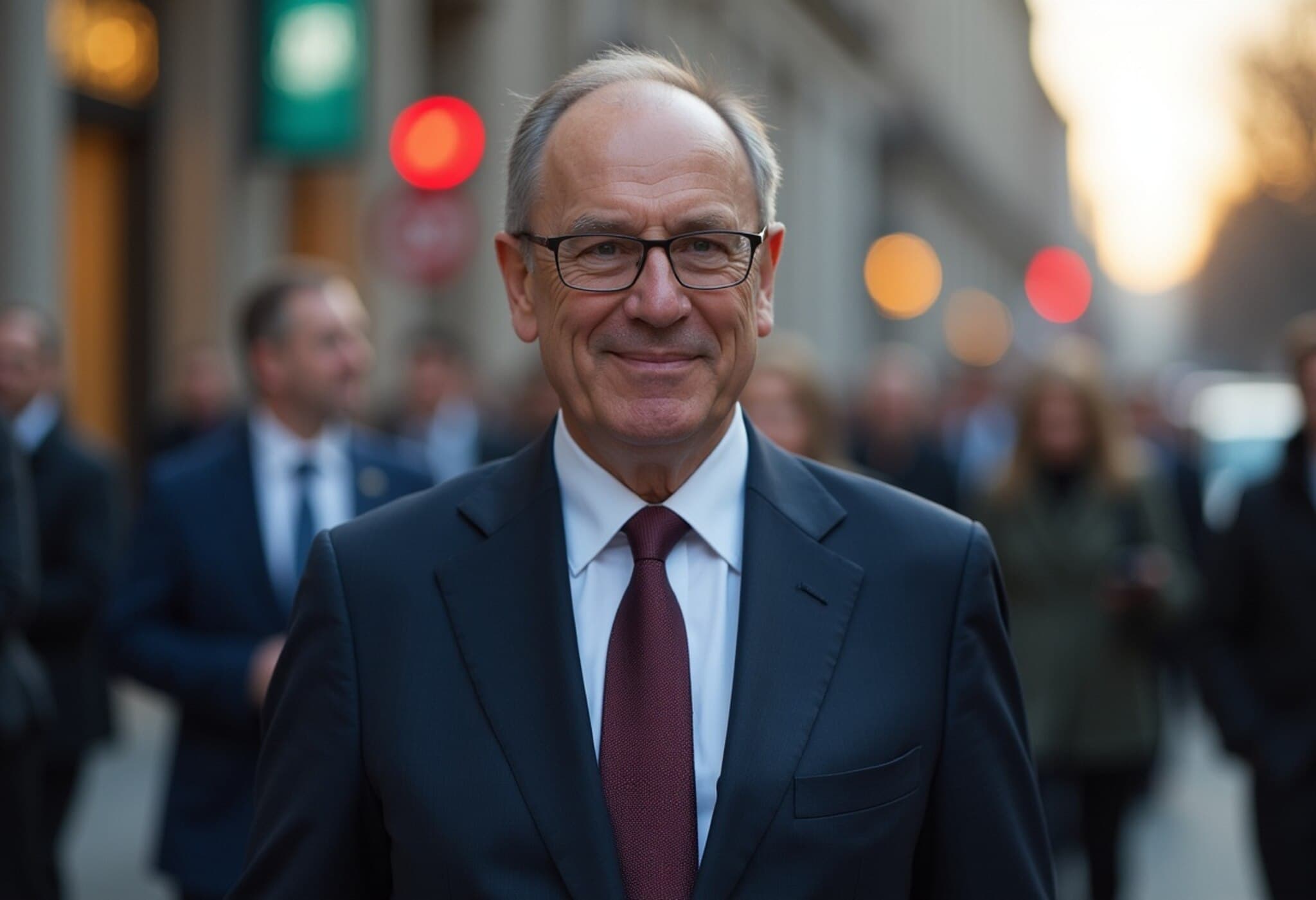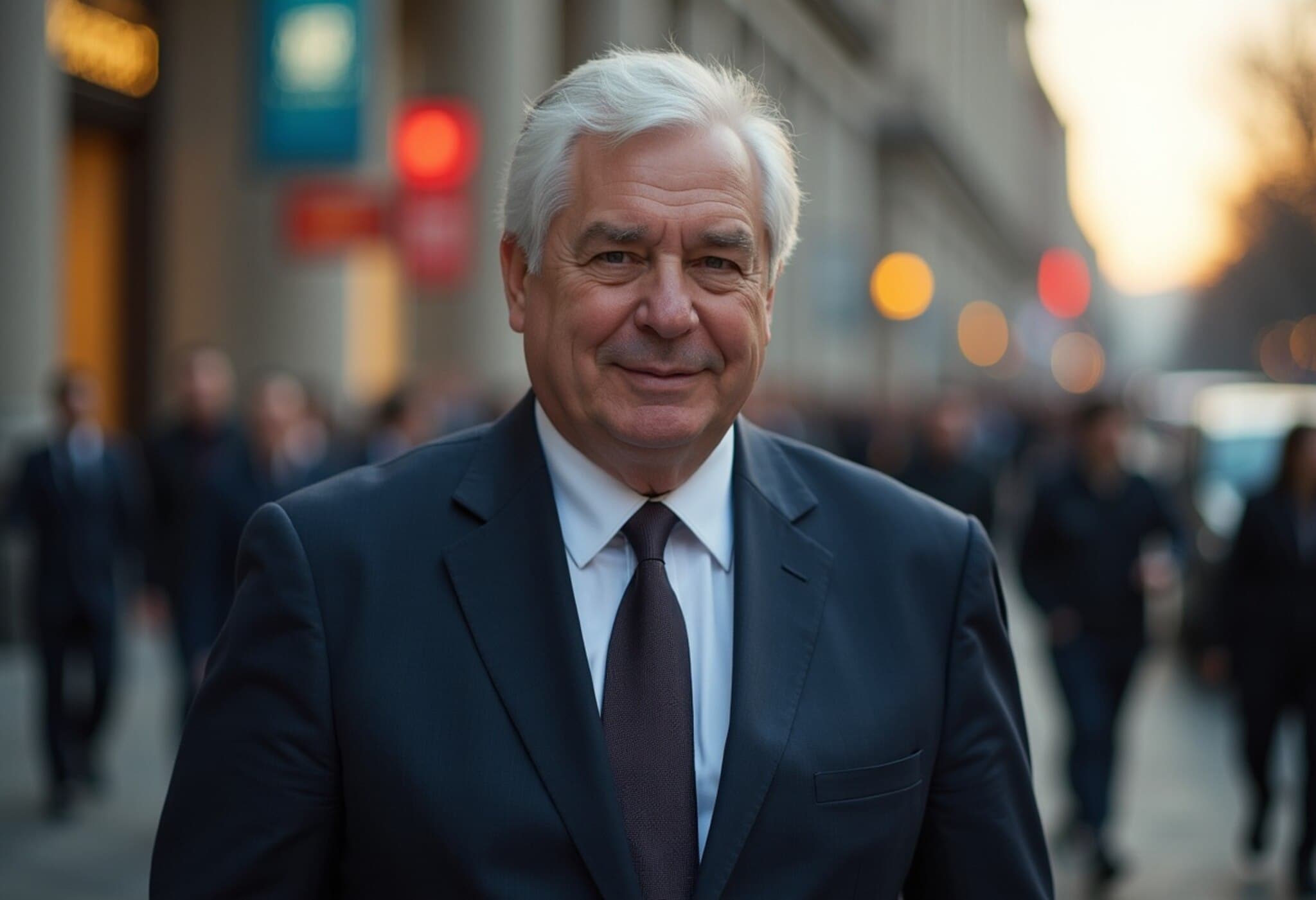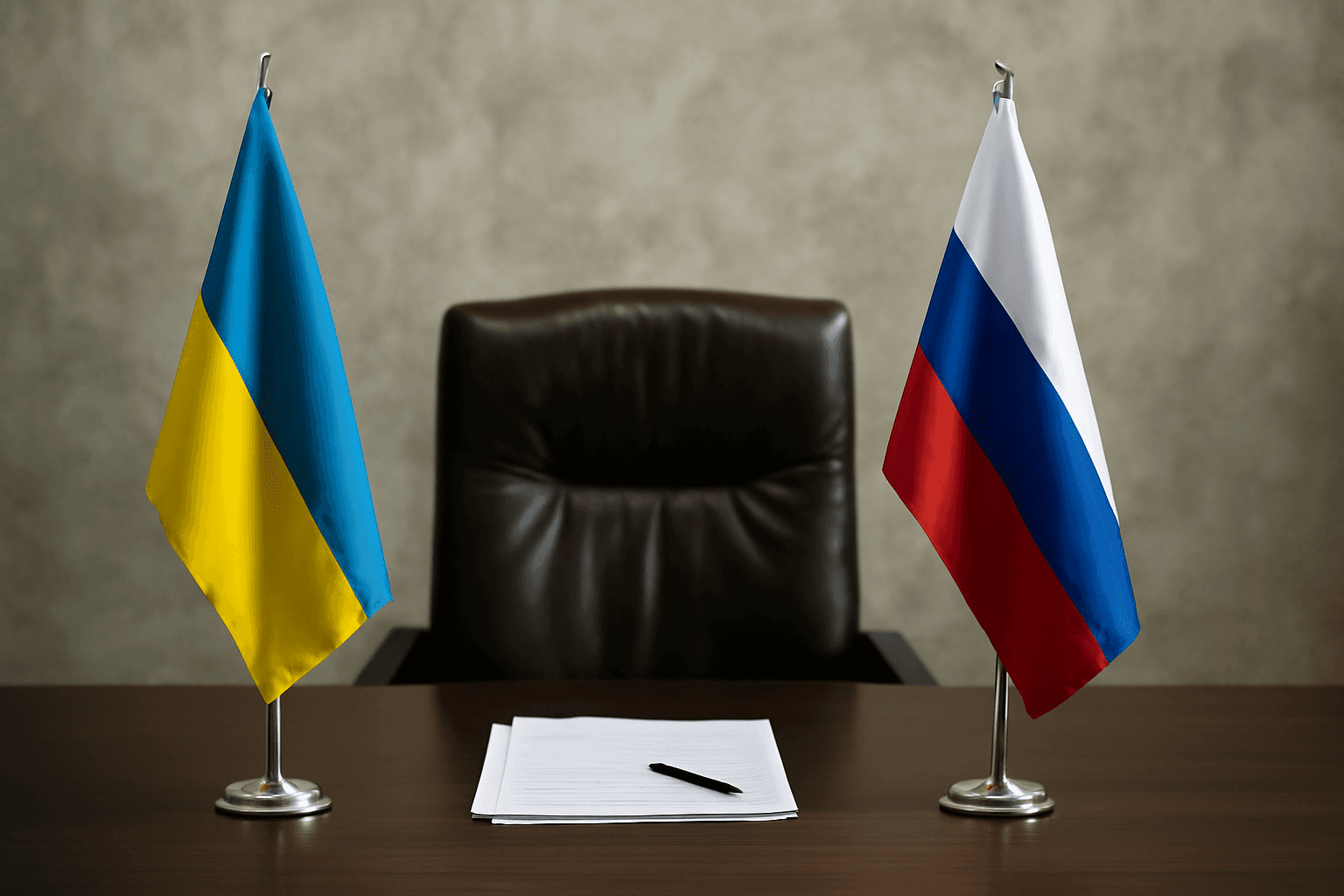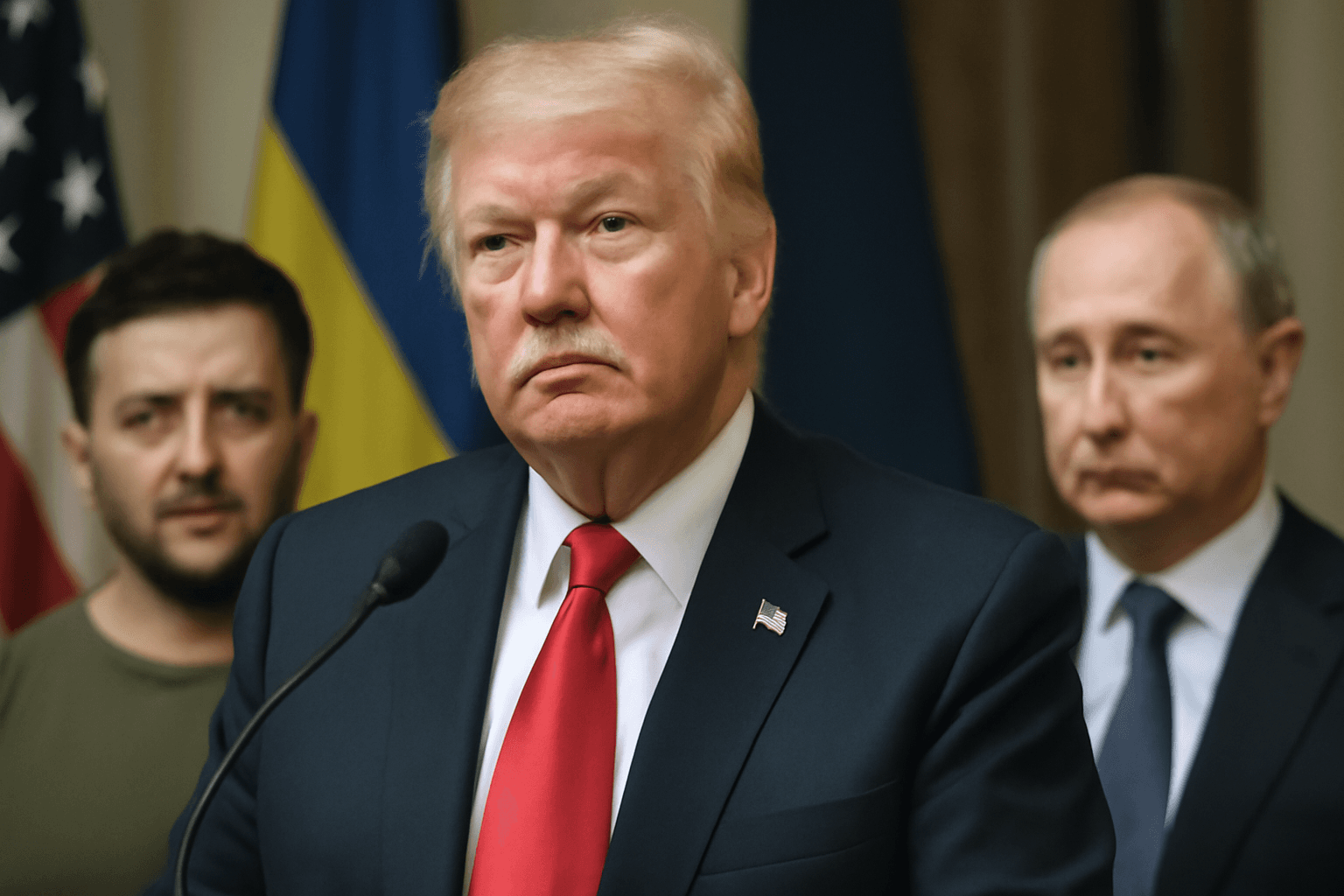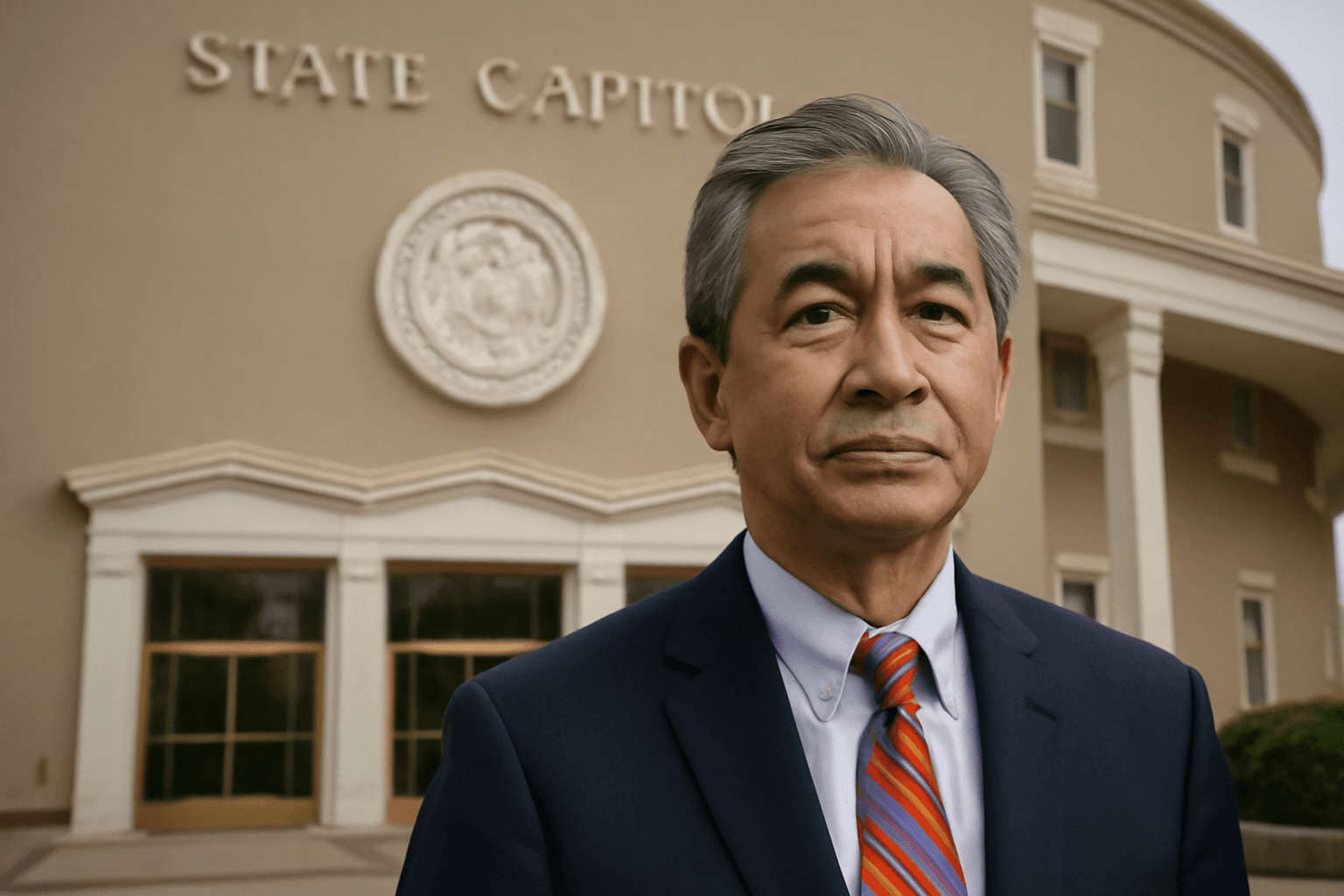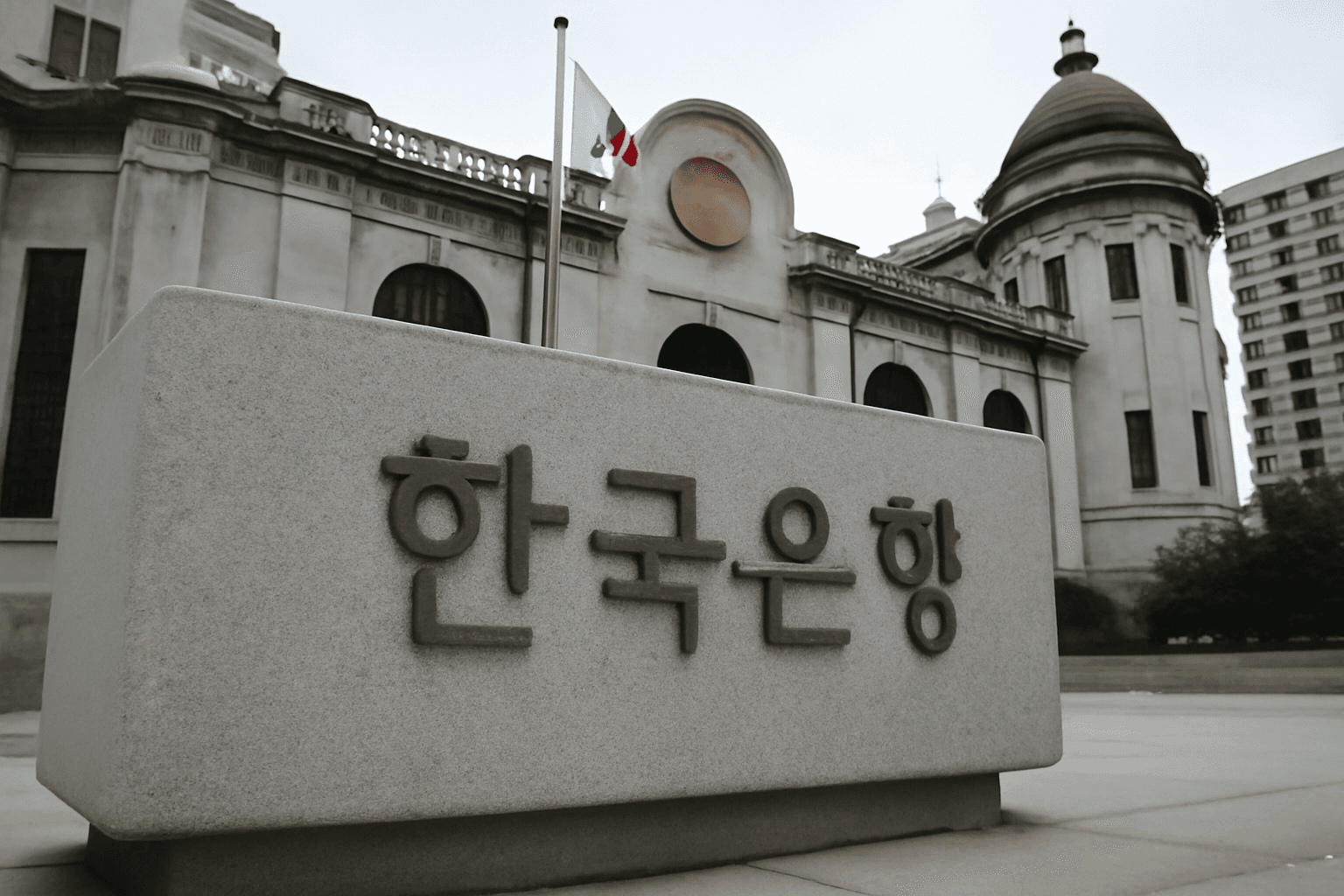Berlin, May 29, 2025: German Chancellor Friedrich Merz has committed to assisting Ukraine in producing its own long-range missile systems without Western-imposed limitations. This support aims to empower Ukraine to defend itself more effectively, including targeting strategic military locations beyond its borders amidst the ongoing conflict with Russia.
Speaking alongside Ukrainian President Volodymyr Zelenskyy, Merz emphasized Germany's intensified cooperation with Ukraine to enhance domestic missile production capabilities. Germany, the second-largest military aid supplier after the United States, is focusing on equipping the Ukrainian military with advanced weaponry that enables full defensive and offensive capabilities against Russian forces.
Merz stated, "Ukraine will be able to fully defend itself, including against military targets outside its own territory," underscoring a shift from previous restrictions that limited the range and target scope of weapons provided by Western allies. These prior constraints were intended to avoid escalating the conflict by preventing strikes deep within Russian territory, which could trigger a broader NATO involvement.
Shortly after Merz’s announcement, Russian Foreign Minister Sergey Lavrov proposed direct peace talks in Istanbul on June 2, promising to present a memorandum outlining Russia's stance on resolving the crisis. However, Ukraine remains cautious, awaiting the delivery of this document, which Ukrainian Defense Minister Rustem Umerov highlighted as essential for meaningful negotiations.
The peace dialogue has encountered obstacles since a limited initial meeting on May 16, which resulted mainly in a large prisoner exchange. Zelenskyy reaffirmed Ukraine's readiness for negotiations at the highest level, including potential trilateral talks involving the United States, although Russia insists on safeguarding its national interests.
Merz refrained from confirming whether Germany would supply its advanced Taurus long-range cruise missiles to Ukraine, a long-requested but controversial move within Berlin's coalition. Some German lawmakers expressed disappointment, citing internal divisions and a desire among certain factions to seek a compromise with Russia through territorial concessions.
Kremlin spokesman Dmitry Peskov criticized Germany’s support for Ukrainian missile production as an obstacle to peace efforts. Nevertheless, both Merz and Zelenskyy condemned Moscow’s reluctance to accept an unconditional ceasefire offered by the U.S. and welcomed enhanced cooperation with Europe and the U.S. to sustain Ukraine’s defense capabilities.
Meanwhile, hostilities persist along the extensive front line, with Ukraine facing manpower challenges against a larger Russian force. Ukraine accuses Russia of mobilizing up to 45,000 troops monthly, outpacing Ukrainian efforts.
Recent escalations include a massive Russian drone attack on Ukraine, while Ukrainian forces continue to deploy long-range drones and missile strikes against key Russian military infrastructure. Moscow reported significant drone interceptions and temporary flight disruptions due to aerial threats.
Ukrainian President Zelenskyy called on European nations to invest in Ukraine’s production of advanced military technologies, including attack drones, air defense interceptors, and missile systems, emphasizing the necessity of sustained support to maintain resilience against Russian aggression.

